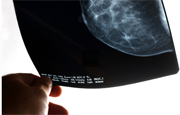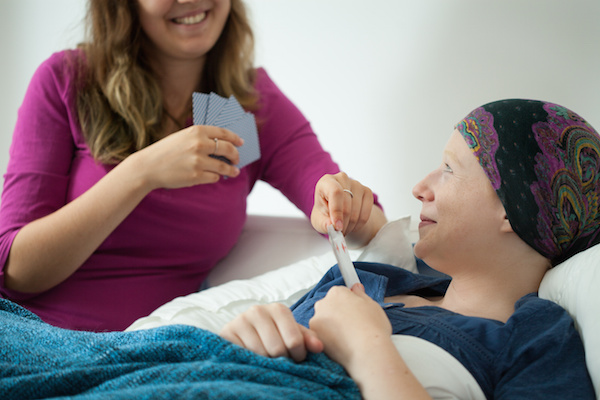
THURSDAY, Jan. 28 (HealthDay News) — High-risk breast cancer patients with HER2-positive tumors benefit from receiving the targeted therapy Herceptin while undergoing chemotherapy, new research shows.
“It’s in a European journal [The Lancet], but it’s something many of us in the U.S. have already begun to do,” said Dr. Jay Brooks, chairman of hematology/oncology at Ochsner Health System in Baton Rouge, La. “It just confirms what has really become standard of care in this country, but it’s very nice to see it done in a scientific way,” he added.
“The reason why Herceptin is so valuable to patients who have locally advanced breast cancer is they have a very bad prognosis,” he continued. “The cancers are usually bigger. They may have spread to the lymph nodes in the armpits and they’re usually not small enough to be cut out to preserve the breast.”
When Brooks sees a patient with locally advanced breast cancer, he treats them first with chemotherapy, to shrink the tumor, along with trastuzumab (Herceptin). Once chemo is completed — after about six months — it’s easier to operate and remove the tumor. Then the patient is continued on Herceptin for a year, followed by radiation.
The new study, one of the largest looking at Herceptin in this context, was funded by Hoffmann-La Roche, which makes the drug. It appears in the Jan. 30 issue of The Lancet.
Previous research has shown that Herceptin with chemotherapy helped women with both early and metastatic breast cancer live longer.
According to the study authors, from IRCCS Istituto Nazionale de Tumori in Milan, about 22 percent of early breast cancers, 35 percent of locally advanced breast cancers and metastatic tumors, and 40 percent of inflammatory breast cancers overexpress HER2 (human epidermal growth factor receptor-2). These tumors tend to be more aggressive, resulting in shorter survival times.
For this study, 235 women were randomly assigned to receive chemotherapy either with or without one year of Herceptin. In this arm of the trial, the Herceptin was given with chemotherapy (before surgery), then alone.
The second group of patients received chemotherapy before surgery, but no Herceptin.
All participants had either HER2-positive locally advanced breast cancer or inflammatory breast cancer, a rare and deadly form of the disease.
Seventy-one percent of women who received Herceptin were alive without a recurrence at the end of three years, versus 56 percent of women in the control group.
Encouragingly, there were few cardiac problems in the Herceptin group and those that did experience heart problems responded to drugs. Previous studies had shown a much higher rate of heart problems in patients receiving Herceptin.
More information
For more on breast cancer, visit the U.S. National Cancer Institute.

